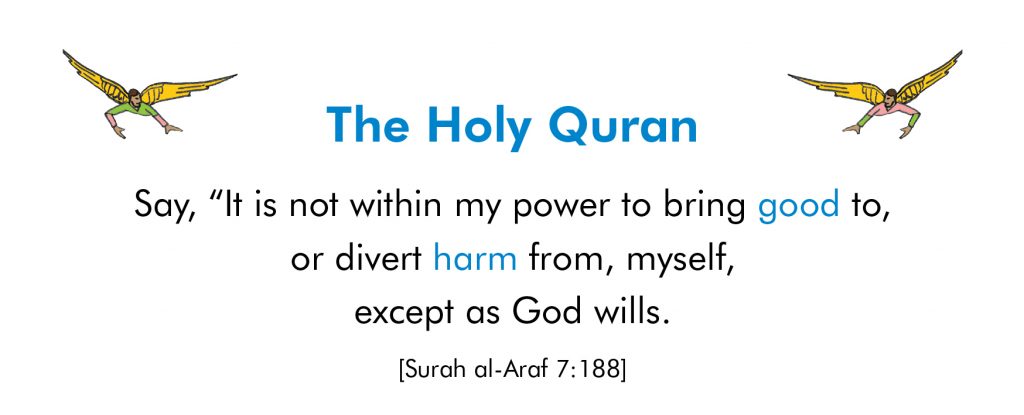 Zaitun Mohamed Kasim, or Toni as she was affectionately known, was my soulmate, mentor, friend and confidante. In 2008, two months before I turned 30, I was covering her in earth at her burial.
Zaitun Mohamed Kasim, or Toni as she was affectionately known, was my soulmate, mentor, friend and confidante. In 2008, two months before I turned 30, I was covering her in earth at her burial.
I first met Toni when I was still working at Petronas, Malaysia’s state-owned oil and gas company. Getting up for work every morning was a struggle. I was employed by a company that exploited fossil fuels for profit, restless to write and sing, and eager to do more for the world. But exactly what “more” I wanted was beyond my grasp.
Then I met Toni, who tickled me with her impressions of a hissing cat and a budgerigar that thought it was a bulldog. True story, that. That she was 12 years older than me made me adore her more fiercely. She mentored me to care for refugees, people with disabilities and people with HIV and to do something concrete about violence against women – and could also make me laugh. As a Muslim feminist, she introduced me to Qur’anic verses and hadith on equality, diversity and justice. In a country where people like me were constantly told that human rights were a “Western” agenda to undermine Islam, she was a role model.
Eventually, I left Petronas to balance activism, journalism, music and theatre. It was scary, exciting and sometimes depressing, and Toni was my biggest cheerleader. I was her healer, too, giving a shoulder to cry (and cry some more) on as she dealt with a complicated divorce.
Then one day Toni had to be taken to hospital by her sister. She was weak, losing weight and vomiting for no reason. I prayed day and night that it was nothing. Then she got diagnosed with cancer. I prayed for it not to be terminal. Then the doctors said it was gallbladder cancer which had spread to her liver. “Please don’t let her die,” I prayed, in between violent sobs of denial. She died within three months.
A group of close friends took turns caring for her throughout her illness – her family situation was complicated, she had no children. I was with her the night before she died. That morning, her sister and brother-in-law came to pick her up to stay at theirs for a while. In her weakened state, it took forever to climb into the car. But when she got in she smiled and blew me a kiss. The next morning, just before Fajr prayers, she passed away peacefully in her sister’s arms.
The months during her illness and immediately following her death, I experienced a new fear of Allah. For was it not Allah who brought Toni into my life and was it not Allah who summoned her back? I found prayer increasingly difficult – I realised my duas (supplications) before this were mere wish lists. And that sometimes the answer to our deepest, most fervent prayers is no. And that Allah was also ad-Darr, the Creator of the Harmful. Until today, I am paranoid that I might have cancer and not know it, or that other friends and family I love might be taken away from me.
But then, through prayer, I realised something else. In the hospital, late at night, Toni and I had some of the most intimate, honest and loving conversations ever. Immense tenderness emerged from intense suffering. Like when I read her bits of Roald Dahl’s The Witches or softly sang Bananarama songs as she recovered from vomiting fits. Like when long-lost buddies would turn up at the hospital as promised to cuddle and cheer her up. Like her peaceful and blessed death. Like during her jenaza, when her countless friends – men, women, transgender, straight, queer, Muslim, non-Muslim, old, young – turned up to pay their respects. The imam and mosque committee had never seen anything like it.
And during my long grief, I began noticing other quiet blessings through the people in my life, new and old. No, nobody took the place of irreplaceable Toni. But the same Allah who took my Toni away was also cradling and healing me through these other wonderful souls. And that’s when I appreciated that Allah is also an-Nafi, Creator of Good. And that ad-Darr and an-Nafi go hand in hand.
Without Allah’s grace, my life would not have been transformed by Toni Kasim. Yes, Allah gave her cancer but also blessed her with a giant, pure heart. Without her, I would not be the person that I am today. I still fear ad-Darr and am still grateful for an-Nafi. I am also ever in awe of the mysteries that vibrate between the two. In this book’s entry on these two names, Daniel highlights a verse from the Qur’an that sings to me hauntingly, “Say, ‘It is not within my power to bring good to, or divert harm from, myself, except as God wills.’” (Surah al-Araf, 7:188)
~ Shanon Shah










